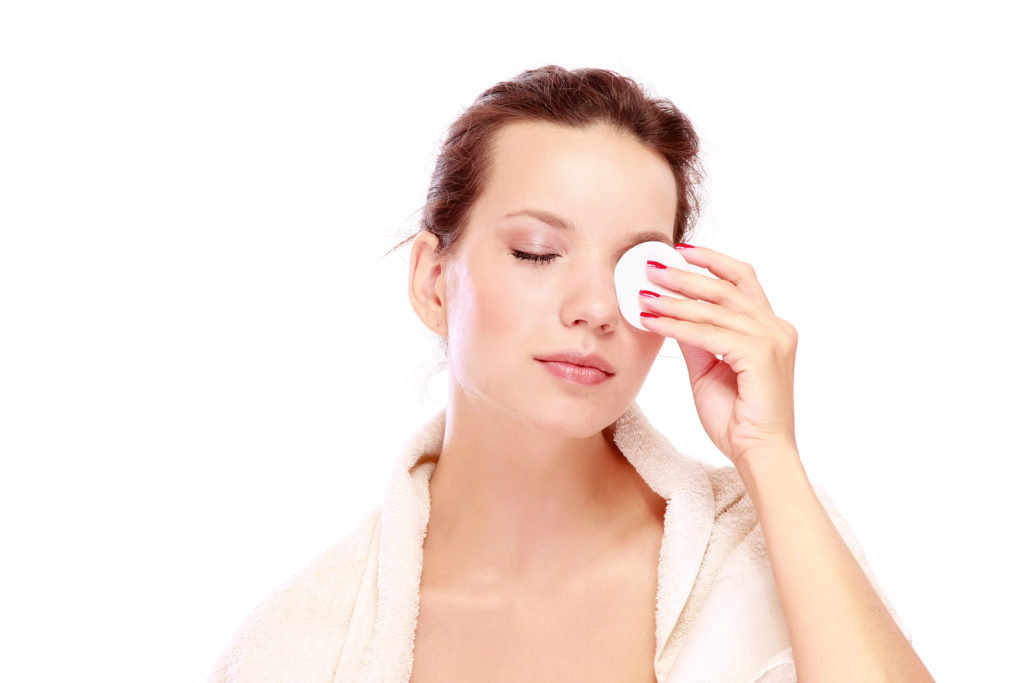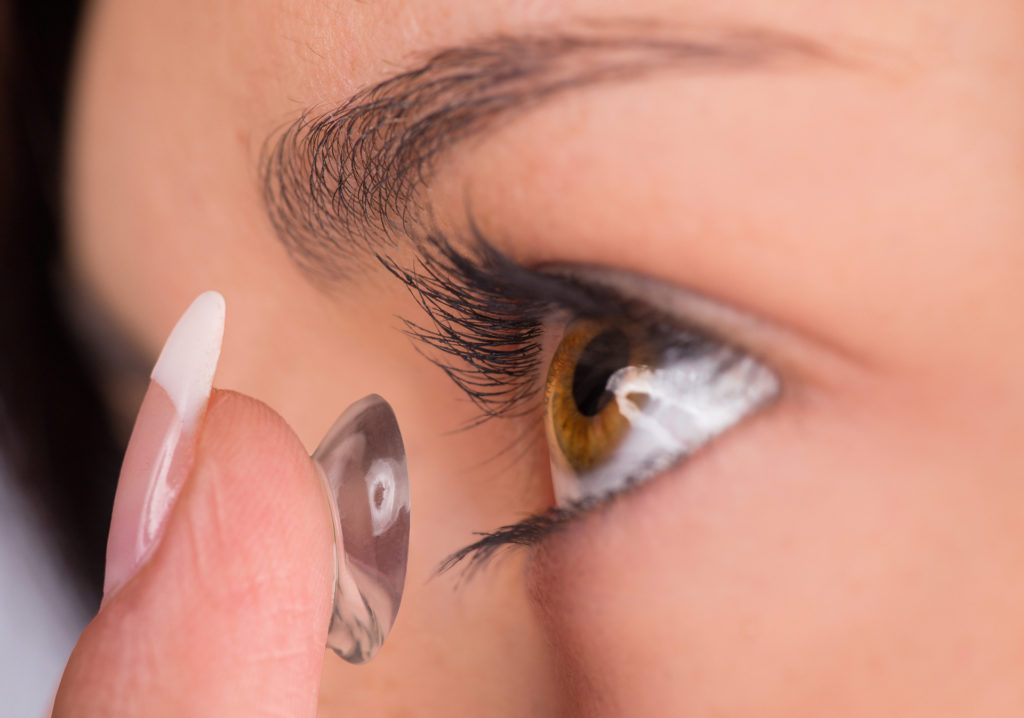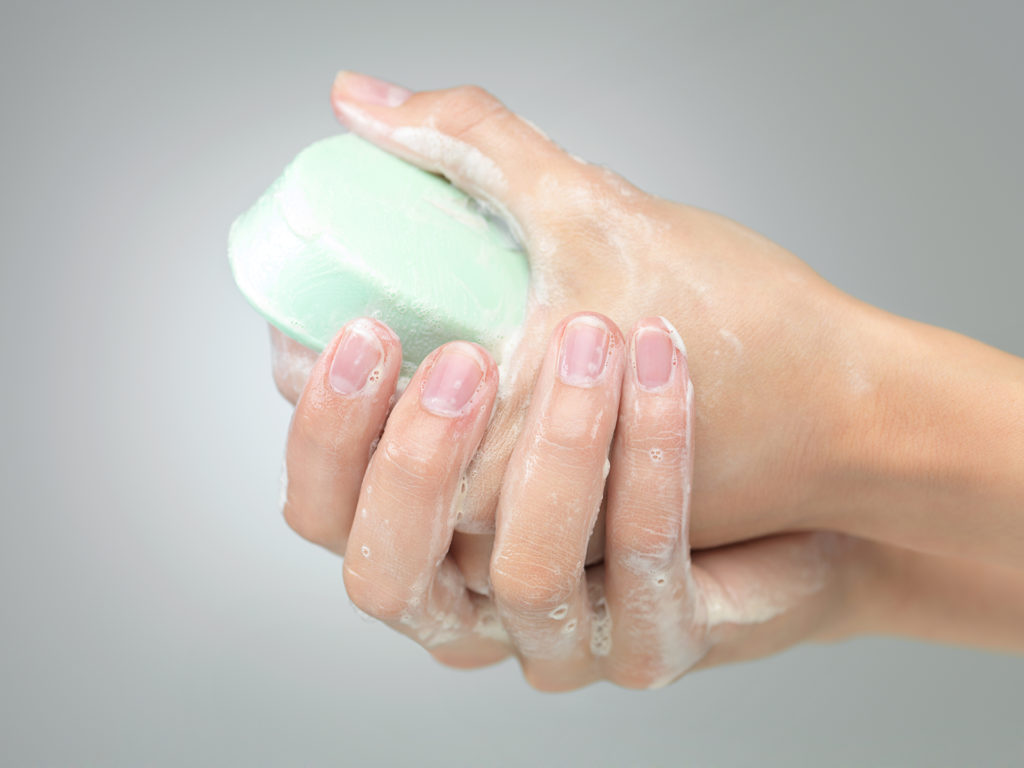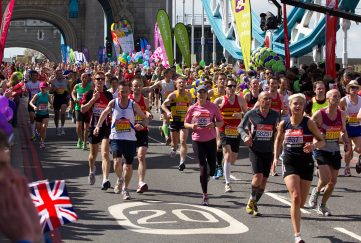Looking At Eye Health During Lockdown
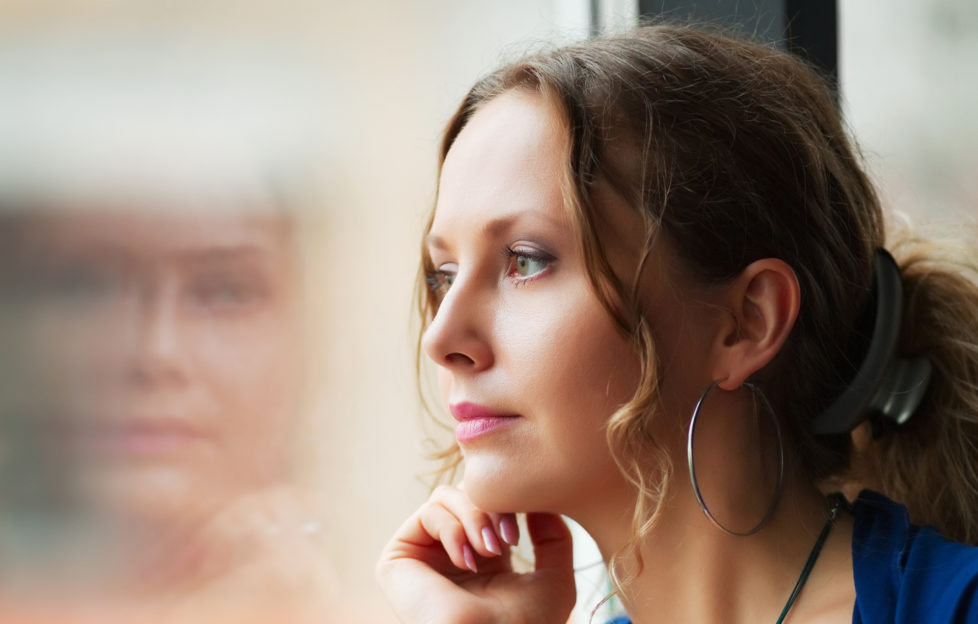
Despite the dramatic impact of the coronavirus, we still need to care for our general health and for most people, eyesight is the most precious of senses. Here, experts from leading eye hospital group Optegra Eye Health Care, offer advice on how to keep your eyes safe during this period.
In line with public health advice to avoid social contact where possible, the College of Optometrists recommends routine scheduled eye tests should be postponed. Only attend your optometrist if you need to, due to eye or sight related symptoms such as red eye, contact lens discomfort, foreign bodies, recent change or loss of vision, recent onset of eye pain, sudden onset of flashes/floaters/dark shadows in your vision.
Or if you are a key worker struggling to perform your job effectively because of difficulties with vision.
Dr Clare O’Donnell, optometrist and head of research at Optegra, answers these frequent questions:
What eye symptoms should NOT be ignored – i.e. if you get any of these you need medical attention?
If in doubt you can contact your optometrist by telephone for advice first, for signs that shouldn’t be ignored including:
- sudden onset flashing lights/new floaters/dark shadows appearing in your vision
- sudden onset distortion ‘wavy lines’ or sudden reduction in vision
- very painful red eyes that are sensitive to light or associated with vomiting
- sudden onset double vision that does not go away when you cover one eye
Ring your local optometrist first who may see you that day and will certainly be able to advise.
What can you do at home to treat an eye infection?
You can buy over-the-counter eye drops for bacterial conjunctivitis (which commonly causes red, gritty, sticky eyes) and use as directed.
Sticky eyes can be cleaned with commercially available eyelid wipes, or if not available, with freshly boiled and cooled tap water and a clean cotton pad, a different one for each eye.
If you develop an eye infection like conjunctivitis, avoid spreading it to others by washing your hands frequently, avoiding touching your eyes and not sharing hand towels or face cloths with others.
There are some articles suggesting coronavirus can cause conjunctivitis – is this true?
In a large study published in the New England Journal of Medicine, researchers documented “conjunctival congestion” in 9 of 1,099 patients (0.8%) with laboratory-confirmed COVID-19 from 30 hospitals across China. The British Emergency Eye Care Society is aware that covid-19 patients may develop a red, watery eye during their illness. The condition will resolve without eye drops and therefore they advise not to go to your eye department.
Is it safe to still use contact lenses – or is that an infection risk?
There is currently no evidence to suggest any correlation between the use of contact lenses and the spread of Covid-19, nor a coronavirus infection related to contact lens use. To help maintain healthy contact lens use, all wearers should follow care instructions as advised by their eye care professional.
For example, if contacts are worn, wash your hands thoroughly with soap and water, before and after applying your contact lenses or handling your contact lenses, cases or solution bottles. Always wash and dry your hands before removing your contact lenses.
If you are unwell, for example with cold or flu like symptoms, it is good practice to have a break from wearing your contact lenses.
What should I do to prevent eye infection at this time?
Avoid non-essential contact with others, especially those who are ill, even if it is not coronavirus.
Wash your hands frequently and avoid touching your eyes and face as much as possible.
There is no scientific evidence that spectacles can offer protection against COVID-19 or other viral transmissions.
Never touch your eyes without carefully washing your hands with soap and water first, having good hygiene lowers the risk of getting COVID-19 and limits transmission to others.
As we have more time available, it is a good chance to step-up make-up hygiene. Ensure you thoroughly remove eye make-up at the end of each day, do not share make-up with others, and use this time to check through your products – if you have had them longer than the recommended ‘period after opening’ symbol on each product, discard as old make-up can increase risk of infection.
I have regular treatment e.g. injections for macular degeneration or diabetic check-ups – should I continue to have those at this time?
If you receive regular injections for age-related macular degeneration, it is important that you maintain your current follow-up interval and attend your appointments as advised.
Please, remember that you should avoid visiting the hospital if you have a high temperature or a new continuous cough or if you feel unwell or have had contact with a confirmed COVID-19 case. It is likely that if you have routine eye checks for diabetes your appointment will be carried out remotely or be delayed. In any case, you should contact your eye care practitioner to seek advice on whether you should or shouldn’t attend.
If you have recently had eye surgery, what advice do you give?
Detailed advice is given to any patient after surgery and this will vary depending on what type of procedure it is, but will include using any eye drops as directed, and following precise instructions, ‘do’s and don’ts’ to minimise the risk of problems like infection. If you have any concerns regarding your eye health, Optegra recommends you contact your local optometrists or optician in the first instance.
Does wearing glasses help protect you against coronavirus?
In line with College of Optometrist advice, it is important to disinfect spectacles as some viruses such as COVID-19 can remain on hard surfaces for hours to days, which can be transferred to spectacles wearers’ fingers and faces. This especially holds true for presbyopes (people generally over the age of 40). Most presbyopes require reading glasses and they may be putting them on and off their face multiple times a day. This age group appears to be among the more vulnerable population for being more seriously affected by COVID-19, as compared with contact lens wearers, who are typically younger.
There is no scientific evidence that spectacles can offer protection against COVID-19 or other viral transmissions.

